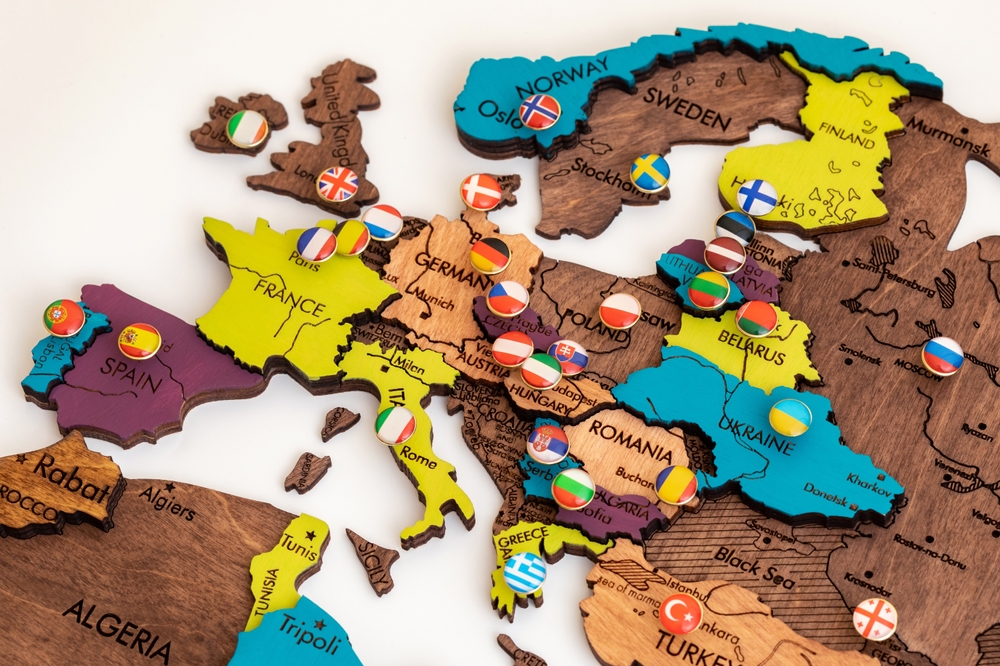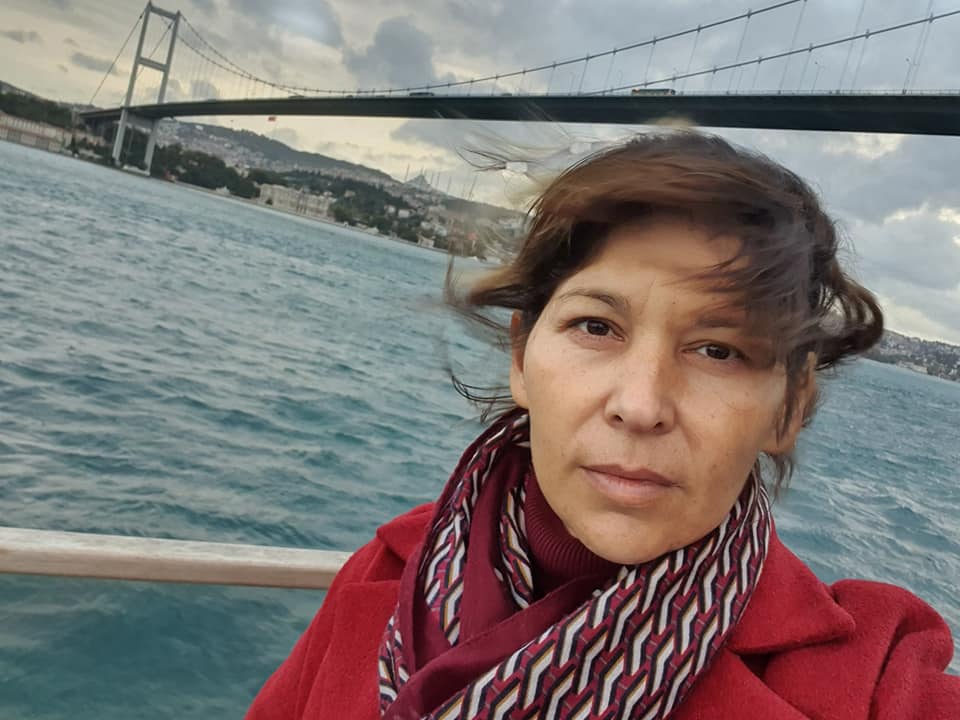Optimistic thoughts for a progressive EU drug policy
(This is part 2 out of 2 of a series of posts on the future of EU drug policy. You can read part 1 here.)
In the first part of this series, I described how EU drug policy is currently under the double pressure of a European Commission pushing for an ever more securitised approach to drugs – to the detriment of health and harm reduction –, and the emergence of far-right parties across the continent. In this post, I will offer a few thoughts on a stronger and better coordinated coalition for progressive EU drug policies.
There are reasons to be optimistic. European harm reductionists have remained resilient despite hostile environments. Some of the most interesting innovations in drug policy and harm reduction, from cannabis social clubs, drug checking in darknet markets, or foundational harm reduction practices, began in Europe and are thriving. The debate over the legal regulation of cannabis is advanced in many countries – although EU regulations are widely regarded as a barrier to legalisation. Against that background, I would like to share three proposals.
Staying united and connected should be a priority. In contrast with the United States, we are often set apart by language, political cultures, and traditions. There is no natural space to be together across countries – unless we create it ourselves. Events such as the European Harm Reduction Conference, networks such as the Correlation-European Harm Reduction Network and the European Network of People Who Use Drugs, transnational campaigns such as Support. Don’t Punish, are all essential. Preserving and growing these spaces is critical – and donors should be aware of that too.
Secondly, drug policy reform and harm reduction must become more visible across EU institutions and democratic processes. The negotiations for the EU Drug Agency showed the importance of having key allies within the European Council and European Parliament that share the same values within harm reduction. Additional champions for drug policy reform must be identified.
The next European Parliament elections will be in June 2024. Following the elections, a new European Commission will be instituted. This will be an extraordinary opportunity to mobilise candidates around a progressive drug policy manifesto, which should include support for harm reduction, for strong civil society participation, and for a welcoming framework for the legal regulation of cannabis. Structural changes on how EU drug policy is designed, including an explicit policymaking role for health bodies, should be included.
Lastly, we should intentionally expand the diversity of our movement, making sure that it is as diverse as the communities most impacted by European drug policies. This should be integrated as a priority in every European network, conference, or campaign – both by donors and by activists. It will also mean growing networks of solidarity with groups that are also suffering from the growing far-right influence within Europe.
None of these actions are easy, and they all require long-term, sustained investment, in time and energy as much as in funding. But we are lucky that many people and organisations in Europe are already working towards this goal– so that no one must resist alone.


